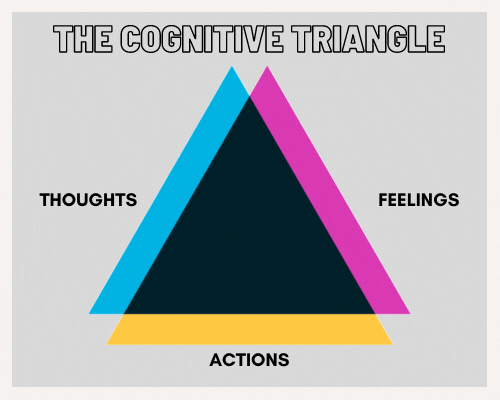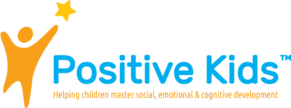Emotional And Behavioral Skills
Emotional Skills
ADHD affects multiple aspects of a child’s development and life experience. However, the most common reason parents reach out to Positive Kids for ADHD therapy is to help them manage behavior. In the field of psychology, it is highly accepted that the way a child thinks affects the way they feel, and the way they feel affects the way they behave. Hence, when trying to change behavior, it makes great sense to consider the thought process and the emotions that drive the child’s behavior. Children who have ADHD tend to have very strong emotions that lead to strong reactions. Their tendency to be reactive often contribute to them behaving badly. To become better problem solvers, it is crucial that children with ADHD be taught the relationship between their thoughts, feelings and behaviors.
Our LEPS MODEL carves out an entire section for helping children with ADHD manage behaviors by teaching cognitive and Emotional Skills. The goals of behavior therapy are to encourage positive behaviors and discourage unwanted or problem behaviors by offering these 2 skills.
COGNITIVE SKILLS TRAINING
Our Cognitive skills training focuses on the relationship between the following:
■ cognitions (what we think);
■ affect (how we feel);
■ behaviour (what we do
A child that goes through our cognitive training skills program will learn the following techniques:
• Relaxation techniques and how it can be used to calm the body
• Mindfulness or grounding skills to focus attention during times of stress
• How to effectively utilize a journal to write or log thoughts and behaviors
• Practicing “cognitive restructuring or disputation “a way of focusing on rational and helpful thoughts
• Using roleplay to practice skills
• Doing “experiments” in real life to test if changing thought processes yield positive outcomes
• Visualization techniques
• Homework to practice what they are taught

The model we use for teaching positive behavior
EMOTIONAL SKILLS TRAINING
Children with ADHD are highly emotional and hence it is critical they understand how their emotions impact them, those around them and the social world they interact with. This requires a skill called Emotional Intelligence. Emotional intelligence (EI) consists of emotion perception, expression, attention regulation, understanding, regulation of self, and regulation of others. Children are not born with this skill but some children are more adept and able to grasp it easier than others. Various factors and barriers impact how effectively a child can regulate emotions and emotional reactions. ADHD happens to be a disorder where taming emotions becomes particularly difficult. In addition, variables such as gender, culture, and past experience all play a role in the ability to master emotional intelligence (EI) and emotional regulation (ER).
Our Emotional Skills training program consists of:
- Self-reflection-the ability to identify, and navigate emotions
- Self awareness- becoming cognizant of when and how we use our feelings
- Labeling – Being able to give a visible description of our mood/emotions and recognizing the feelings with a name
- Assertiveness- the ability to solve problems through conscious expression and use of words, tone, intensity timing and body language to convey feelings and thoughts
- Breathing techniques
- So much more
Children meet with ADHD clinical therapists for (1) one-hour sessions for 4-8 weeks to go over stresses and difficulties they may be having. Through ADHD therapy, solutions are offered through one-on-one sessions to make improvements in behavior. This component of our model is provided by ADHD therapists or Psychotherapists and ADHD Social Workers.
